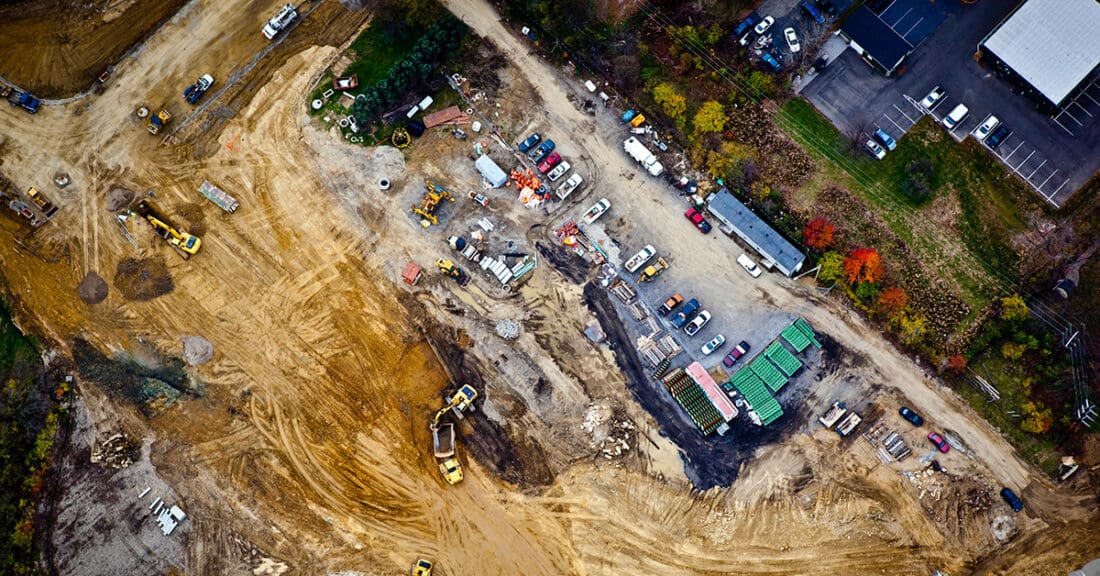Construction Process 101: Selecting Your Site
6 FACTORS TO CONSIDER WHEN CHOOSING YOUR COMMERCIAL CONSTRUCTION LOCATION
There are (at least) two reasons for taking on a commercial construction project: You may need the structure for your own business, or you may intend to lease the building to another entity.
In either case, you’ll need to think like a business owner. What are the most compelling needs for the business(es) that will occupy your structure? By starting there, you can begin to narrow down the prospective choices for a building site.
Here are six top things to consider when choosing your commercial construction location:
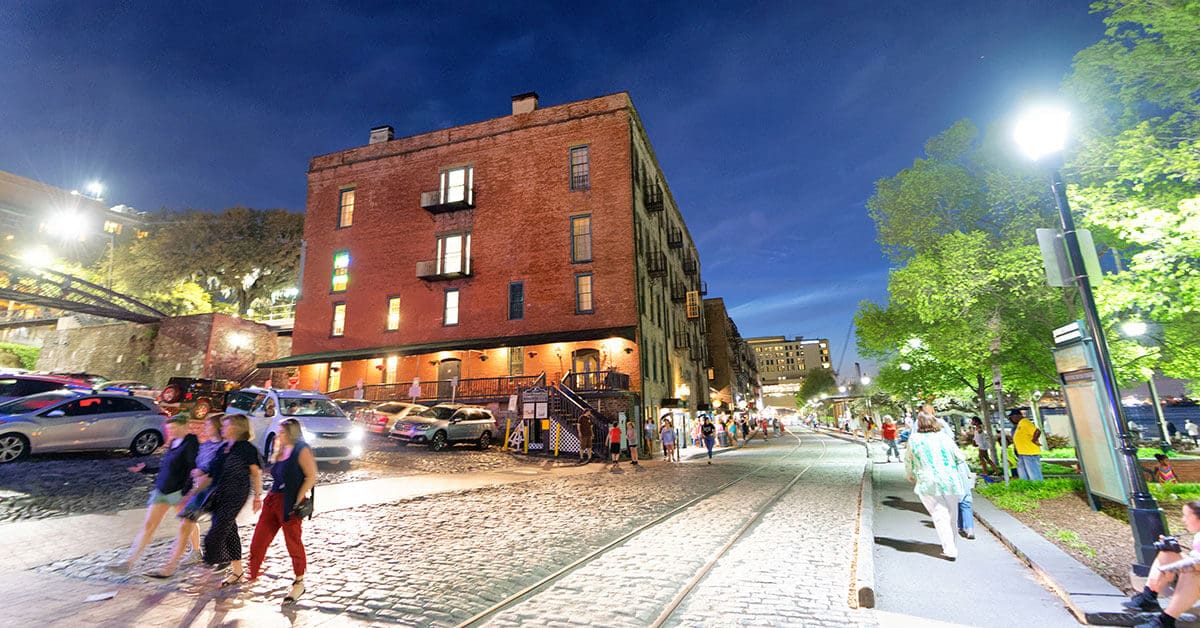
1. CUSTOMERS
Who are the prospective customers for your commercial enterprise? How many of them are there? Where do they live and do business? Will they be willing to travel to your chosen location? Will they find it convenient and attractive?
Oddly, these are often among some of the last things people consider when choosing a site. But if the customers won’t come, your project is pointless.
Your project may be for industrial use, storage, manufacturing, or wholesale distribution. Such businesses typically don’t interact directly with the public, so visibility and proximity to the customer base may be less important. But they still matter: If your location is hard to reach, that creates problems for your customers as well as your vendors and employees.
Imagine yourself in the customer’s shoes. And then imagine going to the location you’ve chosen. Does the area fit the desired brand image? Are there competing businesses nearby? Neglecting these considerations may depress or even kill your business volume.
On the other hand, having complementary businesses nearby can boost your own. There are good reasons that auto dealers, restaurants and various other enterprises tend to cluster together in “districts.” This type of arrangement drives business and makes it easy and even fun for customers to meander from one shop to the other.
2. THE NEIGHBORHOOD
The conditions and activities around your location are important for you as well as your customer base. Are your suppliers located nearby—or at least within easy access? Will your employees find the commute reasonable? Are there restaurants and other amenities within reach? Most importantly, what is the crime rate in the area? If it’s high, will that pose unacceptable risks for your employees, customers, and suppliers?
Since you’re building from scratch, you’ll need to verify that all necessary utilities are available and accessible—water, sewage, gas, electricity, internet, etc.
By thinking these things through, you’ll be able to zero in on the right property for your enterprise.
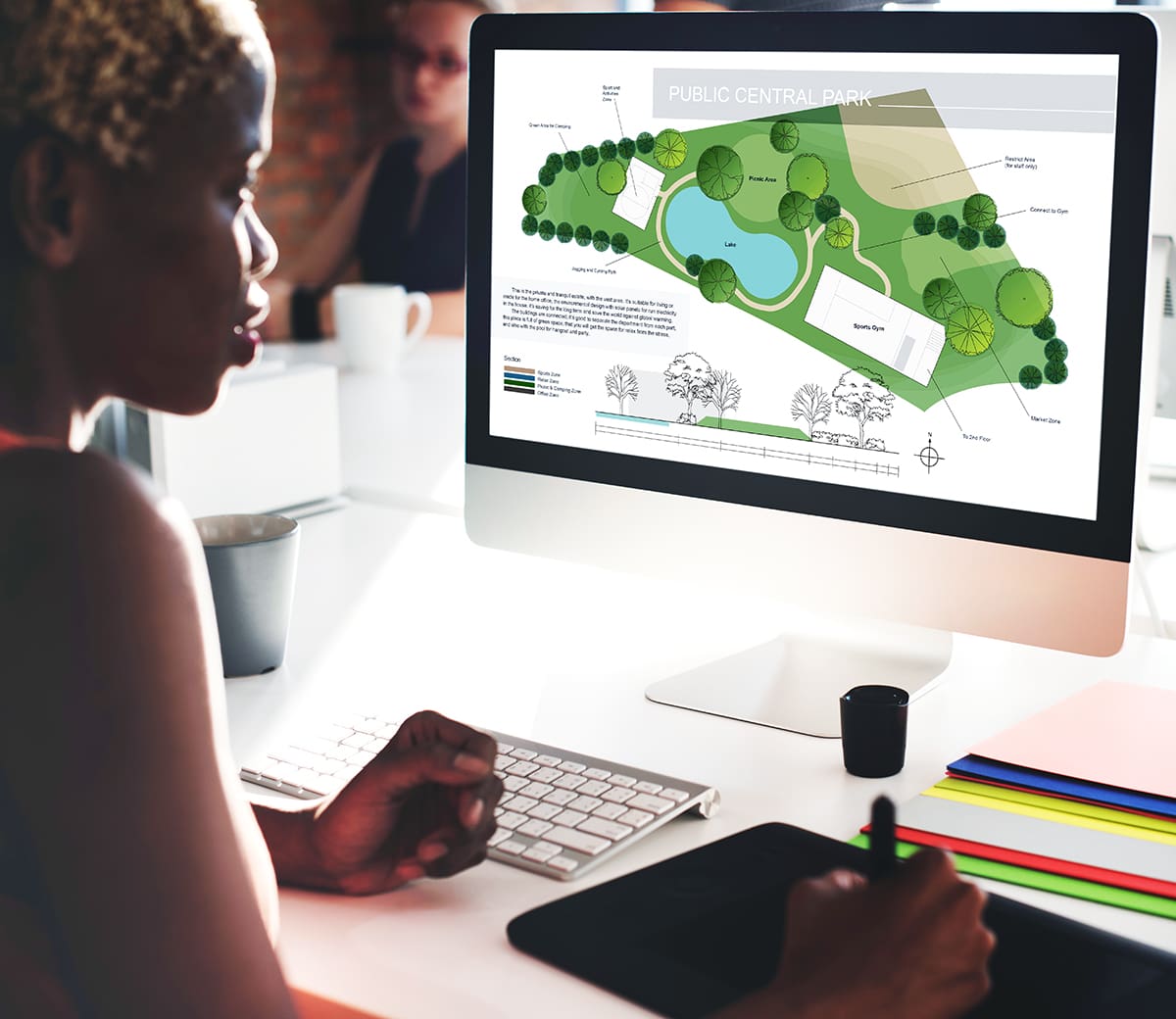
3. ZONING
Your project will need to comply with local zoning regulations. That means, even if you think you’ve found the perfect location, your municipal or county government has ultimate veto power. If your chosen site isn’t within an incorporated city or township, the county government will certainly have regulations that you must abide by. In either case, by checking with the pertinent building department, you can find out quickly whether your intended location will work.
It’s important to keep in mind the distinction between commercial and industrial zones. The former designation pertains to businesses that have contact with the public: restaurants, retail stores, markets, etc. (Apartment complexes can also fall under the commercial designation since they operate as businesses and involve interaction with the public.) Industrial zones are for manufacturing, warehousing, and similar business types. The requirements for each designation differ significantly.
Since you’re building from scratch, you’ll need to verify that all necessary utilities are available and accessible—water, sewage, gas, electricity, internet, etc.
By thinking these things through, you’ll be able to zero in on the right property for your enterprise.
4. COST
The most obvious consideration–but not necessarily the most important—is the cost of the land. The price will depend on the location and the state of the local commercial real estate market. Remote or undesirable areas are usually cheaper—but for a reason. The cheapest locations may not suit the needs of your customers or employees. To get an idea of a fair and reasonable price for your subject property, look at recent transactions involving comparable properties of a similar type in the same vicinity.
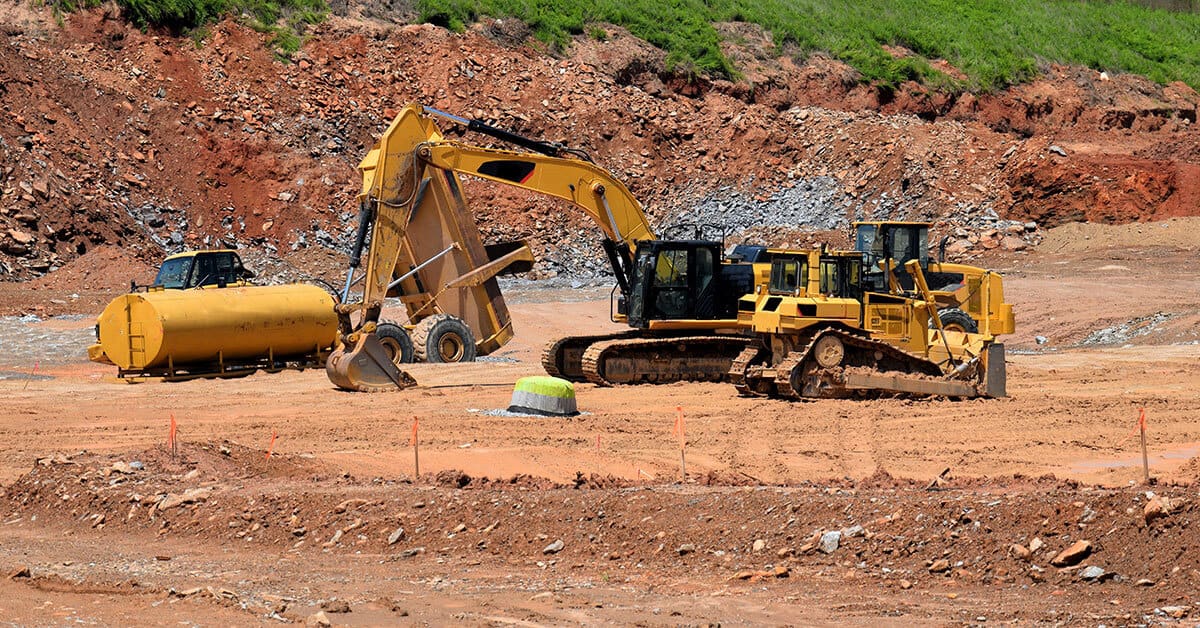
5. THE LAND
Beyond all the extraneous factors, it’s essential to consider the character of the land itself. Here are some of the things you’ll need to research:
- Size. Is the property big enough for what you have in mind? That means enough room for your main activities, but also for parking, storage, office space, bathrooms, reception areas, conference rooms, etc. The local government will likely have setback requirements and other regulations that affect the size of property you’ll need. Are you expecting your enterprise to succeed? Then, you’ll probably want room to grow. So, a good basic rule: don’t scrimp on lot size.
- Topography. How level is the site you’ve chosen? Will it require extensive prep work before you even begin construction? Are there streams, rivers, rocks or other features that will affect your ability to build?
- Soil Composition. The type of soil will affect how you build—or whether you can build at all. For instance, clay soil is often unsuitable for large structures because of its tendency to shift as moisture increases or decreases. By contrast, bedrock is considered ideal for larger buildings because of its high bearing capacity. Find a local soil testing company to verify the composition of your chosen site.
- Environmental factors. Some areas are especially prone to flooding. wildfires or landslides. And some have environmental contamination due to air or water pollution. Even if these factors aren’t enough to dissuade you from buying, they may affect your insurance costs. In extreme cases, it might be impossible to get insurance at all. An environmental site assessment will identify any issues.
In considering all these factors, due diligence is essential. Among other things, it’s wise to procure a commercial site survey from a reputable firm to ascertain the location’s suitability.
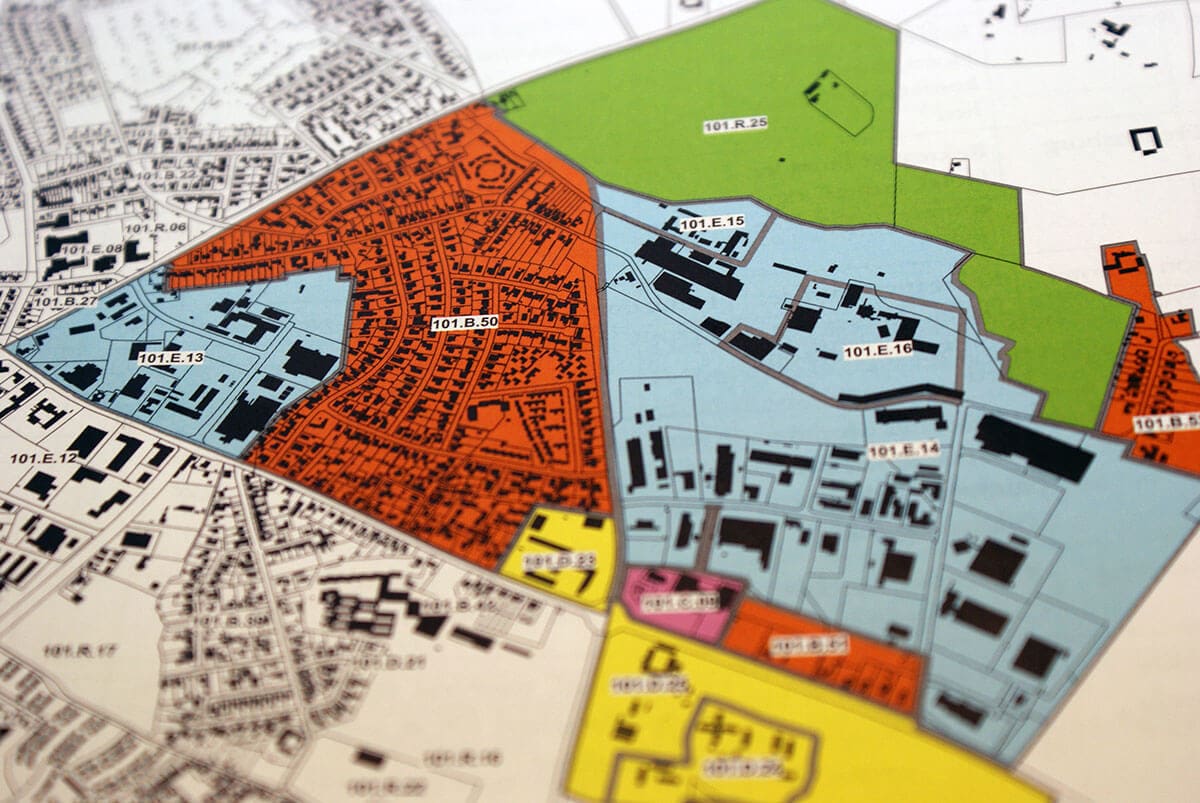
5. BUILDING CODES
Once you’ve found a site and decided to put a structure on it, you’ll encounter the wonderful world of building codes. These vary from one community to the next. To avoid needless conflict, time and expense, it’s best to comply with them—to the letter. Your local building department will require detailed construction plans, and will then conduct inspections to make sure you follow them. You can avoid headaches and frustration by employing a local contractor with extensive experience in dealing with all the quirks of local regulations.
By taking all these factors into consideration together before making your purchase, you can get a realistic idea of the practicality of your chosen site–and the cost of building there.
And when you want expert help, Rainwater Construction Company is always here, ready to serve you.
RAINWATER PROVIDES CONSTRUCTION SERVICES TO SUIT YOUR NEEDS. FIND OUT MORE:
READ THIS NEXT
Stay up to date on the latest Rainwater Construction news and event – follow us on LinkedIn!


